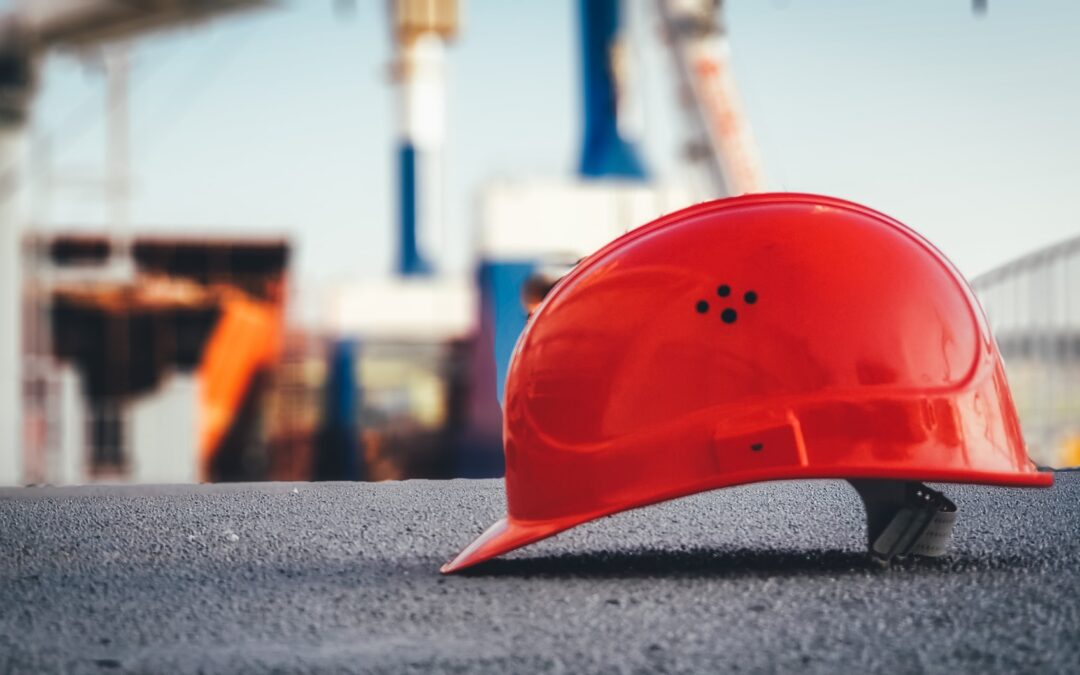Last year, a domestic ‘VAT reverse charge’ was to be introduced for the construction industry, but it was delayed to 1 October 2020. Earlier this year, the scheme was delayed again, until 1 March 2021, as a result of the COVID-19 pandemic.
Under the new legislation, customers of construction industry service providers will be required to pay any VAT due directly to HMRC, instead of paying the supplier.
At present, the supplier or subcontractor is responsible for charging VAT and then paying it to HMRC.
It has implications for all sorts of businesses, from property developers to construction firms that routinely use subcontractors – and, of course, for those subcontractors themselves.
As we mentioned in June, the reverse charge for the construction sector was delayed by five months to 1 March 2021 as a result of the COVID-19 pandemic.
It was revealed that subcontractors affected by the changes will now have to deal with the cashflow impact of the reverse charge procedure at the same time as their VAT payments.
Because it’s a big change, many in the industry didn’t feel they had time to prepare and, apparently, the Government agreed.
Why is the charge being introduced?
The introduction of the reverse charge essentially represents part of the UK Government’s attempt to clamp down on VAT fraud.
Currently, VAT-registered suppliers in the construction sector charge their customers to cover the tax, resulting in the suppliers paying the sum to HMRC, quarterly.
Too often, however, HMRC says, suppliers hold on to money owed to the tax authority for long periods before it is declared and paid. This naturally supports suppliers’ cash flow, but could also delay receipt of tax to the Exchequer.
According to HMRC, the charge follows similar measures introduced in response to criminal threats around mobile telephones, computer chips, emissions allowances, gas and electricity, telecommunication services and renewable energy certificates.
The tax authority said there has been a long lead-in time ahead of the anti-fraud measure coming into force to allow for the potential cashflow and administrative impacts the change will have on businesses. That’s certainly the case after two long delays.
How are the new rules applied?
When introduced, the VAT reverse charge will apply to many businesses and individuals supplying services or receiving construction operations for the purpose of the construction industry scheme (CIS).
This includes an array of services, such as construction, repair, civil engineering, demolition, installation of air-conditioning, heating and lights, alongside, painting and decorating.
The new reverse charge rules don’t apply to services or supplies which are zero-rated for VAT, such as housing or construction.
Also, in the case of invoices which have CIS and non-CIS registered supplies, reverse charges apply to the whole invoice sum.
There are some exclusions which will not apply to specific services. These include:
- Supplies which are zero-rated;
- Services which are provided to an end-user, such as a property owner;
- Suppliers and recipients who are landlords or tenants;
- Recipients who are not registered with the CIS; and
- Recipients who are not VAT-registered or required to be registered.
How will it affect my business?
When the new changes are introduced, if an individual receives construction services within the VAT reverse charge scheme, they will now be required to pay the VAT charge on those services directly to HMRC, essentially cutting out the middleman – in this case, the supplier.
The invoice issued by the supplier will now record the VAT payable, but will be referred to as a ‘reverse charge’.
Individuals will also be able to claim the VAT accounted for as an input tax in the same return.
Fundamentally, money paid as VAT for specific services will no longer be issued between businesses. Instead, it will be paid directly from the customer to HMRC.
Also, from an operational point of view, if your services are to be affected by the reverse charge, you will need to update some records, systems and procedures.
Your staff training will also need to be updated to reflect the change. This may carry a one-off cost and some disruption to your everyday business while the transition occurs.
Another way the introduction of the reverse charge scheme will affect your business is the impact on your cashflow of no longer holding VAT payments from customers.
How can I prepare for this change?
With any change, time is of the essence. As a company in the construction industry, we would encourage you to go through all supplies you have received which have been made to other VAT-registered companies and individuals and establish if they are subject to the reverse charge.
If you are a contractor, you would be responsible for reviewing all clients’ contracts to determine if the reverse charge will apply to them.
But, as a subcontractor, it is most likely your supplies will come under the reverse charge, as main contractors will not usually be considered as ‘end users’, but it is still worth checking out.
If your company relies on VAT collected to manage working capital, you will probably suffer some short-term cashflow issues, but we are here to help you.
At James Scott, we can ensure you are prepared for the changes ahead. We provide high-quality training and assistance with the management of your VAT reporting.
Get in touch and get involved.
